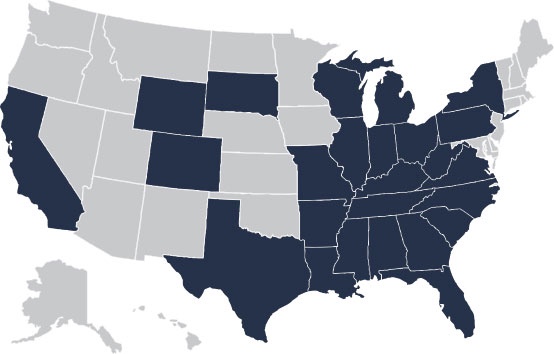The use of restraints in nursing homes is not as common as it was even a decade ago as the use of restraints in nursing homes and extended care facilities has been limited under Kentucky and federal law. Restraints may actually be a sign of nursing home abuse and it is important to remain vigilant if you are concerned about the treatment of a loved one.
The use of restraints should usually be accompanied by orders from a licensed physician which clarify how and why the restraints are necessary as well as the duration of their use. Many nursing homes across the nation routinely violate these laws in an attempt to keep patients from attempting to get out of bed, especially in situations of understaffing.
Restraints may not legally be used to control a patient or as a form of discipline or punishment.
Nursing homes often attempt to justify their use of restraints by suggesting it was for the patient’s own good. Restraints may actually be a sign of nursing home abuse and can lead to injury or the development of bed sores, dangerous infections such as sepsis. In addition, patients who are restrained often suffer psychological and emotional trauma. This abuse can affect other patient health conditions, ultimately leading to a decline in overall patient well being.
If your loved one has suffered injury while under the care of a nursing home or assisted living facility or you are concerned about signs of abuse and neglect such as increased sedation, dehydration, bed sores and signs of restraint we invite you to review the recommendations of former clients and the legal industry and contact HLH or call (866) 583-9701 for a free consultation.
Hargadon, Lenihan & Herrington, PLLC has served injury victims and the families of those lost in fatal accidents in Louisville and throughout Kentucky since 1924. We are Louisville’s most established personal injury law firm. You can entrust your case to our experienced trial lawyers based upon our strong track record of success in trial verdicts and injury settlements.

